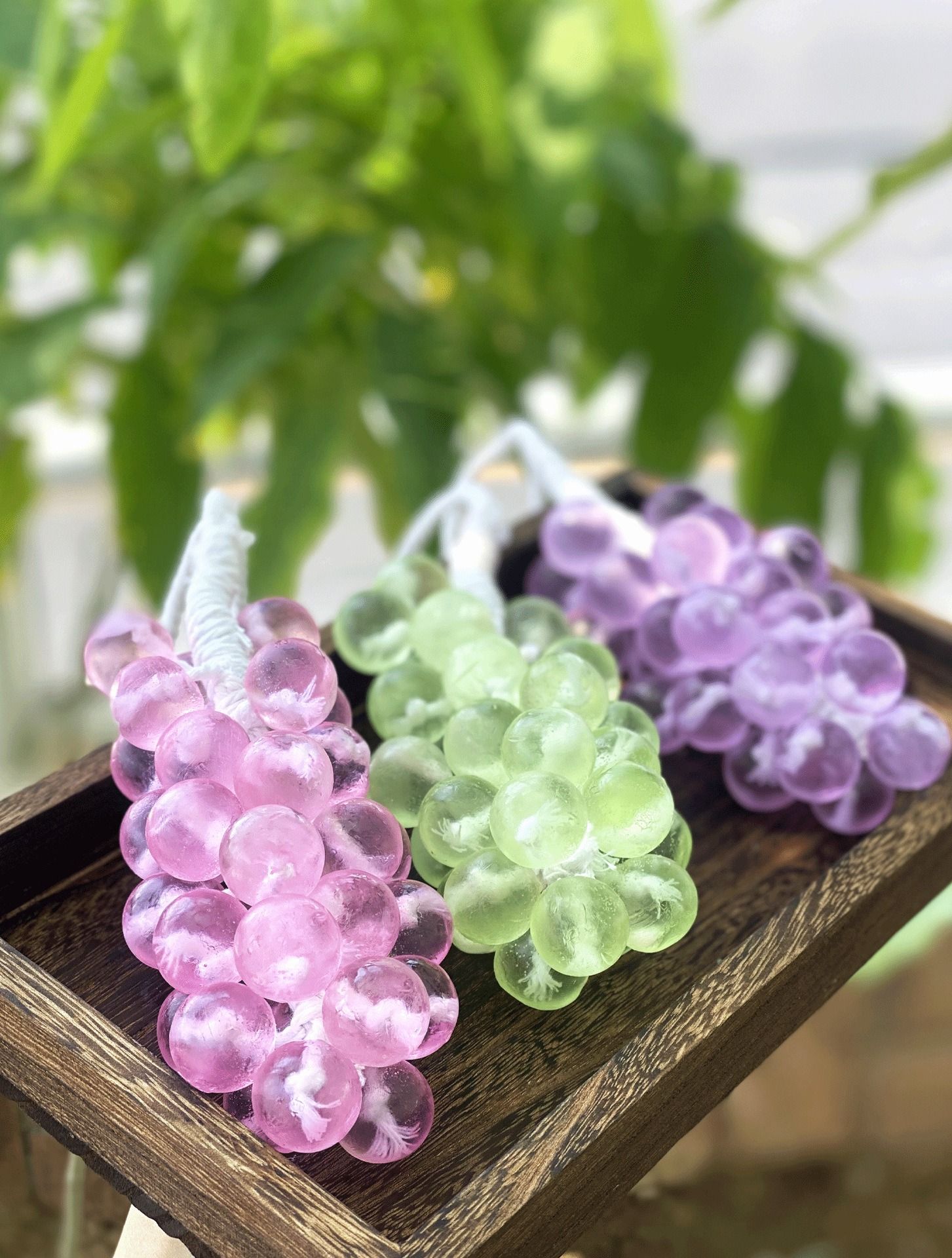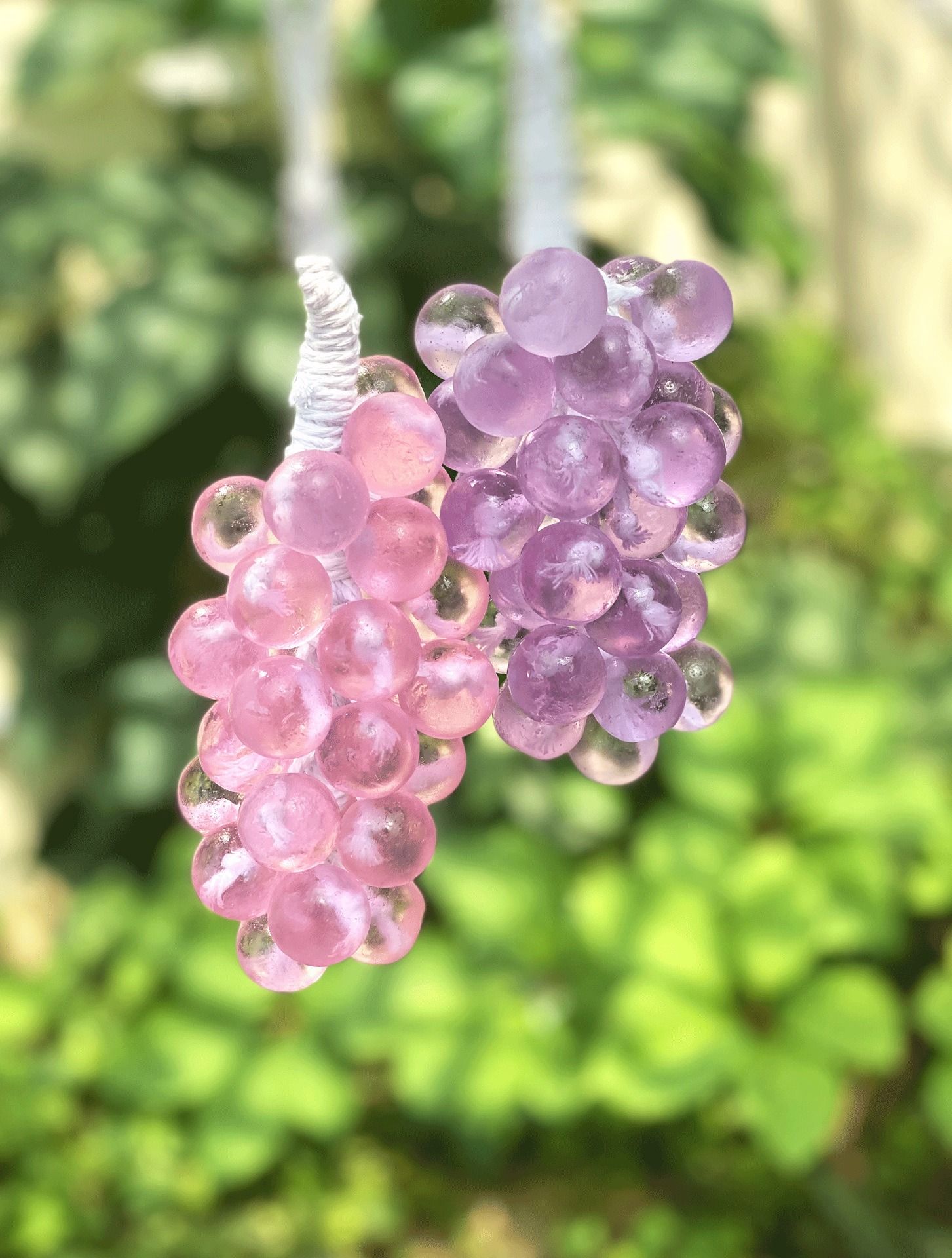Summary: Say Goodbye to "Tightness," Hello to Natural Nourishment
Are you tired of the tight, dry, and even irritated sensation that follows washing your face with regular soap?
Traditional industrialized soap production (hot process or machine-made soap) often involves adding synthetic chemicals and separating the natural glycerin created during saponification to use in more profitable lotions and cosmetics, all in the name of extended shelf life and lower cost.
Cold Process Soap is fundamentally different. It uses the gentle "cold process" method, maximizing the retention of the natural nutrients from the oils and the invaluable natural glycerin. This makes it the ideal cleansing and bathing product for sensitive skin, dry skin, and even infants.
I. The Cold Process: Low-Temperature Craft that Preserves Skin's "Golden Moisturizer"
The "cold process" refers to mixing oils and lye at a lower temperature (typically below $50^\circ\text{C}$), allowing the mixture to undergo saponification and cure naturally over weeks or months.
The Core Advantage: Intact Natural Glycerin
Glycerin is a natural byproduct of the saponification reaction. It is a potent humectant, meaning it draws moisture from the surrounding air and locks it into the skin's surface.
Since the cold process does not involve high-heat cooking or glycerin separation, all the natural glycerin is preserved entirely within the soap bar. This means every time you use a cold process soap, you are cleansing with a product that is rich in natural moisturizer, eliminating the dry, tight feeling after washing.
The Nourishment of Unsaponified Oils (Superfatting)
Cold process soap recipes are intentionally designed to leave a small amount of oil unreacted (known as "superfatting").
These unsaponified natural oils (such as olive oil, shea butter, coconut oil, etc.) form a protective film on the skin after cleansing, replenishing the skin's necessary lipids. This effectively repairs a damaged skin barrier, making it highly suitable for skin prone to redness and sensitivity.
II. Why Cold Process Soap is the Best Choice for Sensitive and Dry Skin
The purity of ingredients and the gentle process make cold process soap a savior for troubled skin.
Avoiding Irritating Chemicals
Cold process soaps are typically free from irritating ingredients often found in commercial soaps: Industrial detergents (e.g., Sodium Lauryl Sulfate, SLS); Synthetic preservatives (Parabens); Artificial fragrances and colors.
Maintaining Skin's Oil-Water Balance
The strong degreasing agents in machine-made soaps strip away the skin's natural sebum, causing the skin to either overproduce oil as compensation or become extremely dry. The gentle cleansing and high glycerin content of cold process soap help maintain the skin's natural acidic mantle, balancing oil and water levels fundamentally.
High Customization and Nutritional Value
The cold process allows soap makers to incorporate specific natural ingredients tailored to different skin needs:
For Sensitive Skin: Added Sweet Almond Oil or Oatmeal (for soothing and calming).
For Dry Skin: Added Avocado Oil or Cocoa Butter (for deep nourishment).
For Oily/Acne-Prone Skin: Added Activated Charcoal or Tea Tree Essential Oil (for deep cleansing and antibacterial properties).
III. Tips for Buying and Using Cold Process Soap
To maximize the benefits of cold process soap, follow these tips:
Buying Advice
Check the ingredients list: High-quality cold process soap should feature natural plant oils as the primary ingredients (e.g., Olive Oil, Coconut Oil, Palm Oil). Pay attention to the "Curing Time": True cold process soap requires weeks to months of curing. The longer the cure, the milder the soap, and the finer and more lasting the lather.
Usage and Storage
Use a Foaming Net: Create a fine, rich lather before applying it to the skin for cleansing.
Keep It Dry: Because cold process soap retains a high amount of natural glycerin (which attracts water), you must place it on a well-draining soap dish after use. Avoid letting it sit in standing water to prolong its lifespan.
Conclusion:
If you have been searching for a cleansing product that is effective yet cares for your skin barrier, then cold process soap, with its natural glycerin and unsaponified oils, is the "moisture antidote" your sensitive or dry skin needs. Give yourself the chance to experience the gentle nourishment of natural ingredients!
👉 Click here to explore our handmade soap collection and start your journey to gentle skincare!


